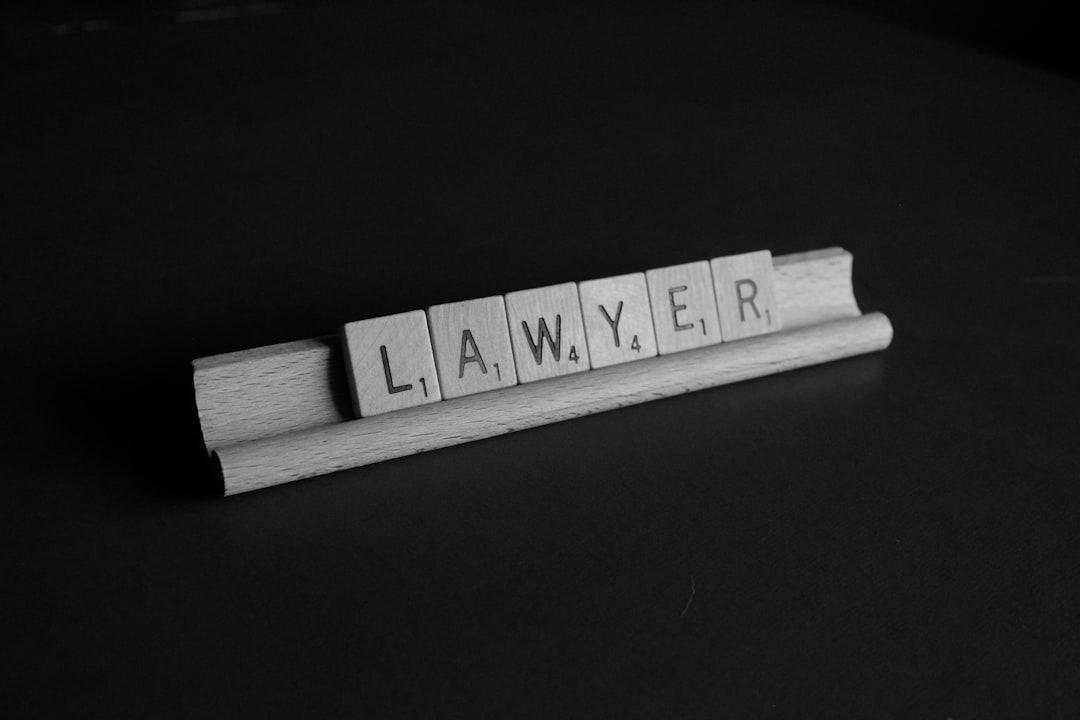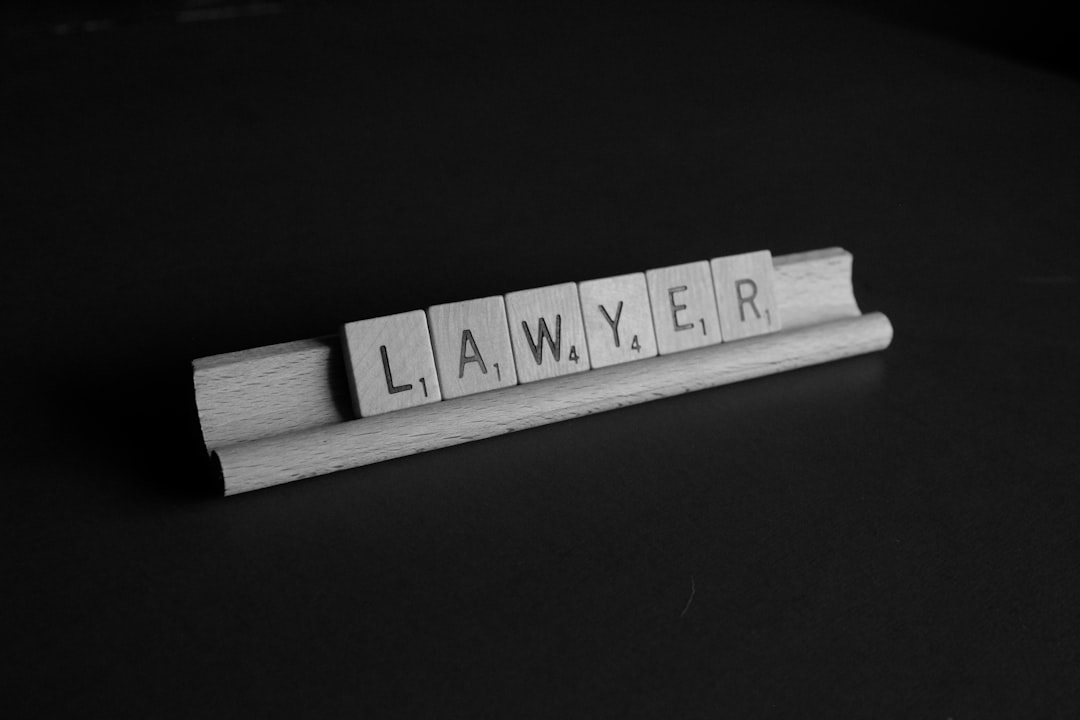Utah, particularly Salt Lake City, faces a surge in spam text messages, raising privacy concerns for residents and businesses. Local telecommunications lawyers tackle this challenge by understanding evolving spammer tactics, emphasizing consumer rights, and implementing stricter regulations to combat intrusive messaging campaigns effectively through spam call law firms in Utah.
Salt Lake City lawyers are increasingly facing a unique challenge: a surge in spam text cases. In today’s digital age, as communication shifts online, so do fraudulent activities. This article delves into the rising trend of spam texts in Utah and its legal implications for local law firms. We explore how this phenomenon impacts Salt Lake City lawyers and offer strategies to combat these nuisance calls, helping them better serve their clients in a cluttered digital landscape.
Rising Trend of Spam Texts in Utah

In recent years, Utah has witnessed a striking rise in spam text messages, particularly targeting residents and businesses in Salt Lake City. This growing trend poses significant challenges for local lawyers specializing in telecommunications law. With an increasing number of unwanted texts flooding in, consumers are left concerned about their privacy and the potential legal implications.
Spam call law firms in Utah are now more crucial than ever to combat this issue. As technology advances, so do the tactics of spammers, making it imperative for residents to be aware of their rights. The rise in spam texts highlights the need for stricter regulations and more robust legal measures to protect individuals from intrusive and malicious messaging campaigns.
Legal Implications for Law Firms

Salt Lake City’s lawyers are increasingly facing a new challenge: spam text cases. With the rise in automated phone and text messaging, law firms in Utah are dealing with a surge in unwanted communications, which carries significant legal implications. When a spam call is made to a client or potential customer of a law firm, it can violate various state and federal laws designed to protect consumers from intrusive marketing tactics.
These laws include the Telephone Consumer Protection Act (TCPA), which prohibits automated calls without prior express consent. Law firms must ensure they have proper procedures in place to manage incoming spam texts, including identifying and blocking known spam sources. Failure to do so could result in substantial financial penalties for the firm and potential harm to their reputation. Additionally, law firms need to educate both staff and clients about the legal ramifications of unsolicited text messages, fostering a culture of compliance to mitigate these growing spam call concerns.
Impact on Salt Lake City Lawyers

Salt Lake City lawyers are increasingly facing a unique challenge in their daily practice: a surge in spam text cases. With the proliferation of automated phone systems and digital marketing strategies, what was once a rare occurrence has become an ongoing nuisance. This trend significantly impacts legal professionals in Utah as they navigate an ever-evolving communication landscape.
Lawyers in Salt Lake City are now frequently dealing with unsolicited text messages promoting various legal services or containing misleading information. These spam calls can be disruptive to their work, wasting valuable time that could be spent on client cases and consultations. As a result, law firms are left with no choice but to invest resources in blocking and filtering these messages, implementing stricter communication protocols, and educating clients about the risks of engaging with unknown senders. This shift in focus may hinder their ability to foster personalized relationships with potential customers, as many spam text cases often lead to negative perceptions of legal services in general.
Prevalence in Today's Digital Age

In today’s digital age, communication has evolved significantly, with a notable shift towards text messaging and mobile devices. This change has led to a corresponding rise in unsolicited and unwanted spam calls and texts. Utah law firms, particularly those specializing in consumer rights or telecommunications law, are increasingly encountering cases involving spam text messages. The sheer volume of these intrusive messages reflects the accessibility and reach of modern technology but also raises significant legal and ethical concerns for Salt Lake City lawyers.
The prevalence of spam texts has become a pressing issue due to their invasive nature and potential to disrupt daily life. Law firms in Utah are noticing a trend where businesses or individuals send promotional or marketing text messages en masse, often without explicit consent from recipients. This practice not only violates privacy but also utilizes tactics that can be considered misleading or deceptive, prompting lawyers to take action against these spam call law firm Utah cases.
Strategies to Combat Spam Calls

In an era where communication is predominantly digital, Salt Lake City lawyers are experiencing a surge in spam text cases. To combat this growing issue, law firms can employ several effective strategies tailored to address the unique challenges posed by spam calls and texts. One of the primary steps involves registering with Do-Not-Call lists and databases to prevent automatic text messaging from reaching their clients. Additionally, implementing robust opt-out mechanisms within marketing campaigns ensures that recipients can easily choose not to receive future communications.
Many successful law firms are turning to advanced technology solutions like call blocking software and spam filtering tools. These technologies can automatically identify and block unwanted texts, significantly reducing the volume of spam received. Furthermore, staying informed about relevant laws and regulations, such as those governing telemarketing practices in Utah, empowers lawyers to take legal action against persistent spammers, deterring similar future activities.






